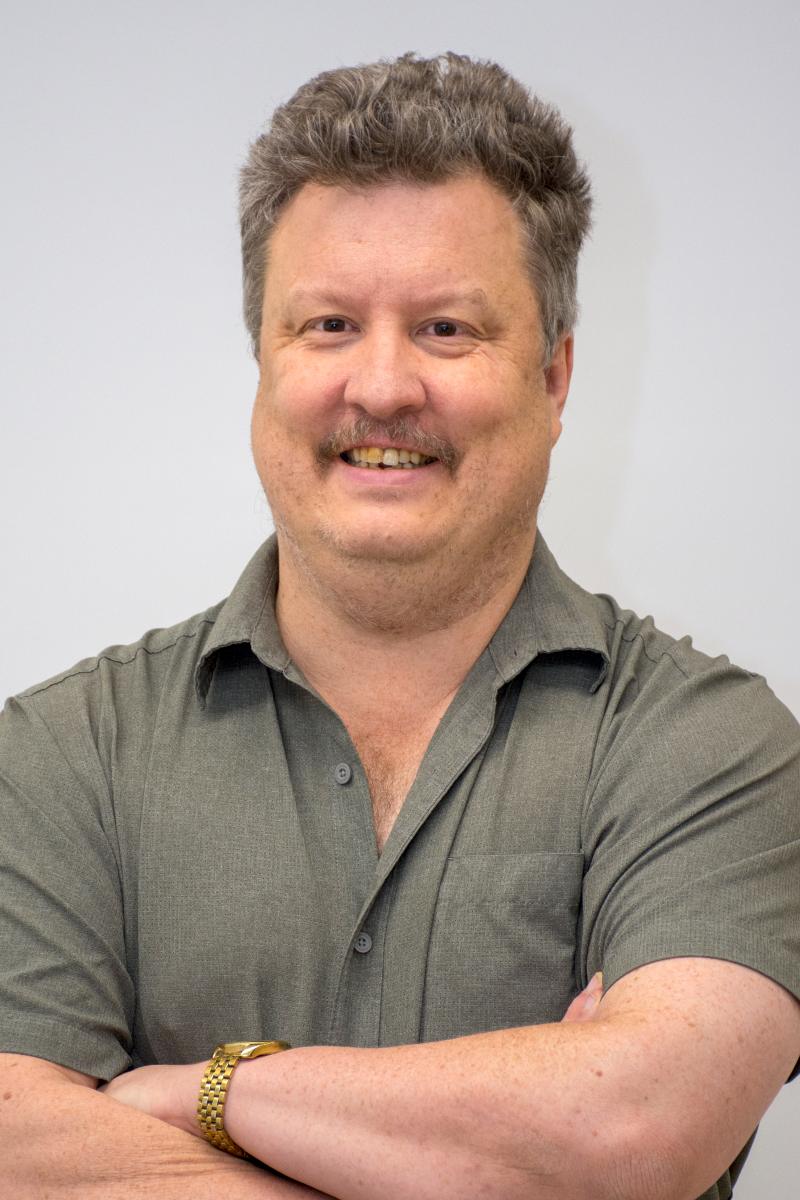Have you met Paul Myers?
Katie Willis - 5 October 2021
Our oceans and their complex dynamics have captured the imagination of Paul Myers since childhood. Now he studies them professionally, as a physical oceanographer and professor in the Department of Earth and Atmospheric Sciences.
“I grew up listening to my grandfather telling me stories about fishing in high-latitude ocean locations I now study and model,” said Myers.
Myers is now the associate dean (research) in the University of Alberta’s Faculty of Science. Hear more about him and his work.
Tell us about the focus of your research program.
My research program is focussed on understanding the dynamics of high-latitude ocean circulation and its role in the climate system. Through the use of cutting edge ocean models run on Compute Canada's supercomputers, and then data mining the huge amount of output produced, we try to understand how what seem like small scale processes integrate to affect global circulation and climate.
Through improved representation of ocean physics, we also seek to understand the effects on the cryosphere (ice and glaciers), ocean chemistry (e.g. CO2 take-up and acidification), biology and ecosystems, as well as the northern communities that depend on those marine systems and resources.
What is your favourite course to teach?
My favourite course to teach is EAS 371 - Dynamics of the Atmosphere and the Ocean. I like this course as it is generally where students first get exposed to the underlying physics and mathematics that describes how the ocean and the atmosphere works. I also enjoy teaching EAS 212 - The Oceans, where I can introduce and share the wondrous nature of the oceans to a large and broad spectrum of students.
What is the biggest strength that you see for the faculty in the next year?
The greatest strength of the Faculty of Science is its people—all the world-leading scientists, researchers, staff, and students working and studying across the breadth of disciplines within the faculty.
What is your first memory at the U of A?
Arriving late at night at the Edmonton airport for a faculty job interview with the EAS Department and learning my luggage was on another continent! At least it got lots of sympathy during the interview process. And the luggage did arrive—just before I left Edmonton….
What’s something that people might be surprised to learn about you?
Even though I'm a physical oceanographer and numerical modeller because of my interests in math, physics and numerical analysis, I also have the oceans in 'my blood,' coming from generations of sailors and fishermen.
I grew up listening to my grandfather telling me stories about fishing in high-latitude ocean locations I now study and model. And yes, just as I say in class, when I was a kid at the beach, I didn't build sand castles, but rather stared at the waves and watched how the crests aligned with the coast as they rolled in, and wondered.
Where is your favourite place on campus?
Right now, anywhere. It is just great to see lots of students around again and feel the vibrancy of an active campus full of people learning.
